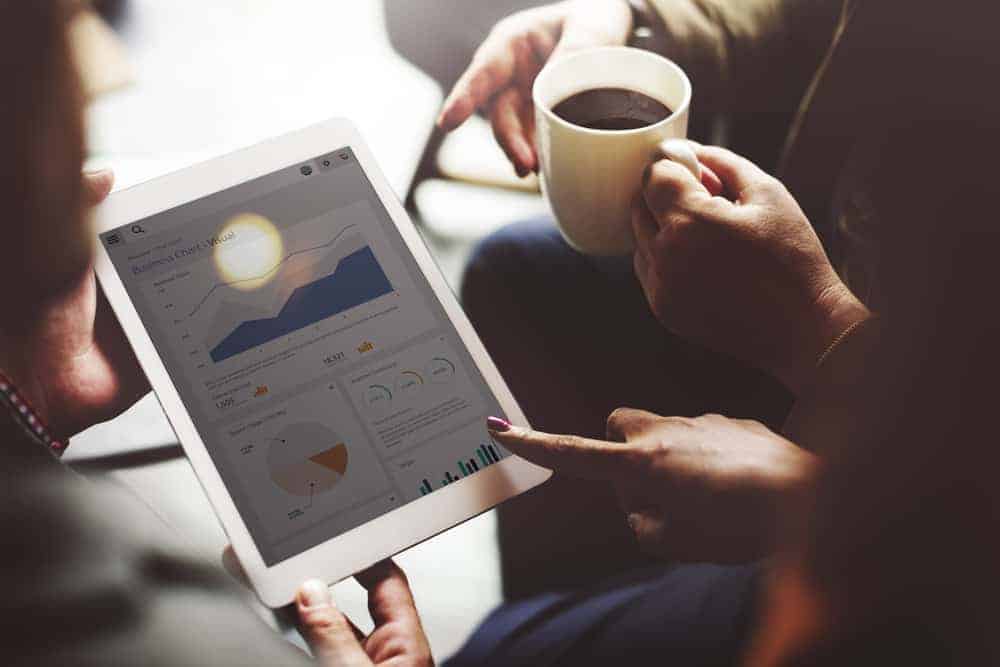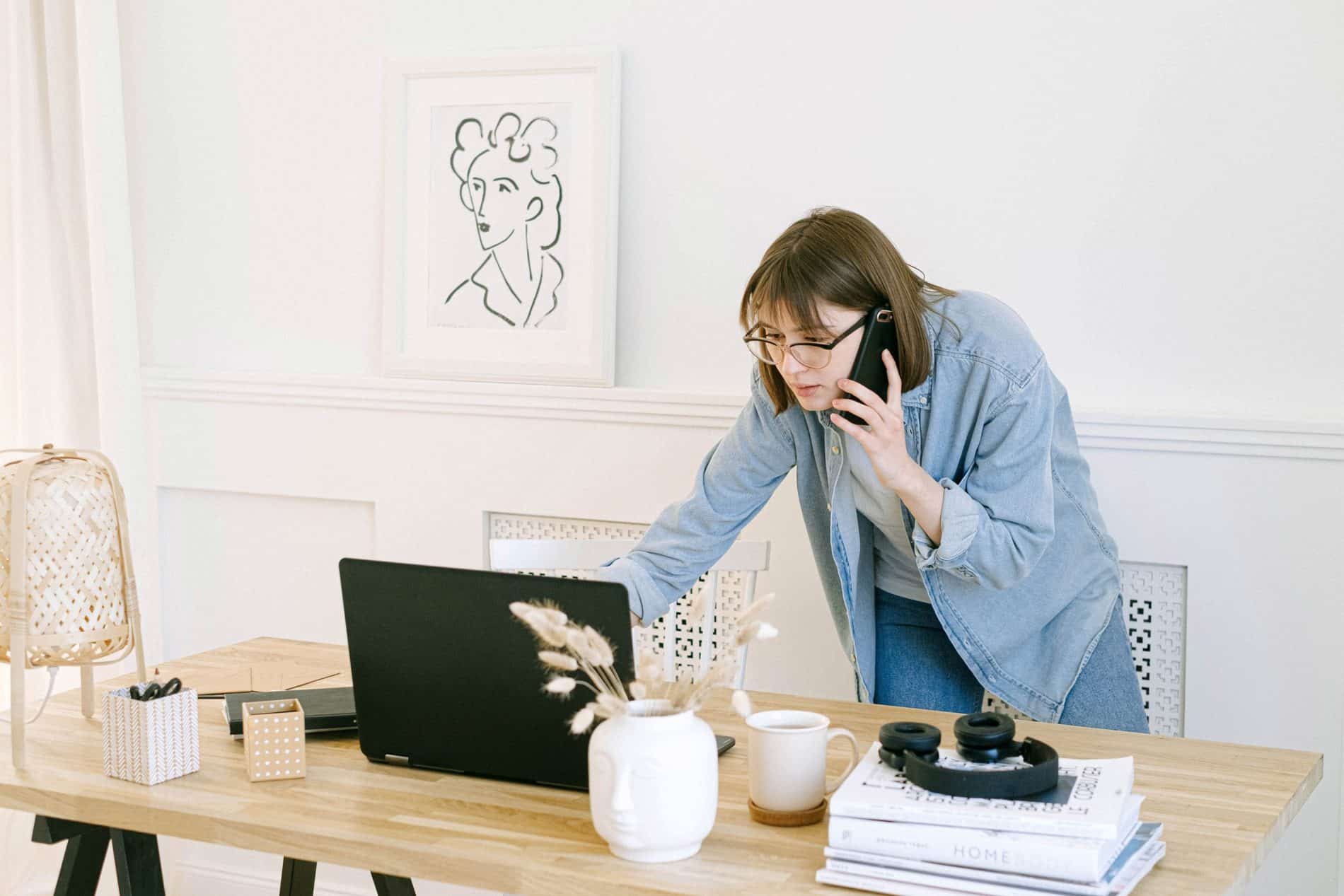Claiming a tax deduction for business expenses
Throughout the year, as you run your business, you’ll inevitably incur various costs directly related to your operations – whether you’re a sole trader buying a car in Ireland, claiming travel expenses, or purchasing equipment. The good news is that many of these sole trader and limited company expenses can be used to your advantage when managing your taxes.
This guide will walk you through various tax-deductible expenses for sole traders and limited companies, including what you can claim as a sole trader on your taxes. We’ll cover motor expenses, pre-trading expenditures, allowable business expenses, and more. We’ll also provide tips for effectively tracking and managing your business expenses. Understanding what business expenses are tax deductible allows you to reduce your tax liability and keep more money in your pocket.
If you need support on your specific situation at any stage, contact our Client Services Team about our services.
Business expense examples
- Accounting fees
- Advertising expenses
- Legal and professional costs, for example, company formation costs
- Pre-trading expenses
- Wages, including the director’s salary
- Protective clothing and uniform
- Running costs for equipment or machinery used for the business

What is the difference between a business expense and personal expense?
Business expense
Personal expense
How to decide?
How to claim a business expense
- Sole Traders claim expenses through Form 11. The deadline for this return is the 31st of October each year, but if you use ROS to pay and file your return, there is an extension until mid-November. When you or your accountant complete your tax return, business-related expenses are calculated and used to reduce the tax you pay.
- Limited Company expenses are claimed through Form CT1. The deadline for this return depends on the accounting period for your company, and you should seek advice from a professional accountant if you need help with your corporate tax return. Your accountant will review the expenses and calculate the total allowable expenses incurred.
What to do if you paid for a business expense through your personal account?
Sometimes you might forget your business card or take your personal car on a business trip. If this happens to you, you need to keep a record of each time you have a cash transaction from your personal account.
Usually, a bank statement from your personal account won’t suffice, so we recommend using a claim form template that shows how much you spent and the date. You should also keep a digital copy of the receipt.
We always suggest asking an accountant for advice on claiming expenses if you’re unsure. To talk to us about your situation, contact a team member today.
What are pre-trading expenses?
Business owners can claim a tax deduction for the expenses incurred over the three-year period before the business was set up.
However, it’s important that you’re able to prove that these expenses were bought for the purpose of the business. For instance, if you bought an expensive laptop three years before your business was set up, it may be hard to justify that it was a business expense.
Examples of pre-trading or set up expenses
Accounting and company formation fees
Feasibility studies

Preparing business plans
How to calculate motor expenses?
Whether purchased through the company or not, motor vehicles are often used for business and personal use. The amount that is used for business must be reported correctly and accurately to Revenue when filing your tax return.
1) Personal car used for business travel
Employees/directors using their personal vehicle for business travel can claim back a rate per business kilometre travelled. These rates are set out by Revenue, and they’re called Civil Service Rates.
The rate will depend on the total kilometres driven and the vehicle’s engine size. The amount spent on business travel can then be claimed against your tax bill at the end of the year.
It’s important to note that Sole Traders cannot avail of this.
2) Company car used for personal travel
If you avail of a company car and the company pays for all running expenses of that vehicle, you may be liable for Benefit In Kind (BIK) if you use the company vehicle for personal reasons.
BIK is a tax on the personal benefit or personal use of something that has been provided by the company. Also known as notional pay, fringe benefits or perks. BIK taxes include PAYE, PRSI and USC, and the rate depends on the original market value of the car.
For example, if you use a company car for personal travel in the evenings to a value of up to €500 per month, you are liable to pay BIK (PAYE, PRSI and USC) on that €500.
3) Electric cars
Revenue guidelines state that no BIK is applied to any private use of an electric company car or van whose original market value is worth less than €50,000. This applies to both new and used electric cars but does not apply to hybrid-engine cars.
As you can see, calculating motor expenses can be complex. We recommend speaking to an accountant who can handle these calculations for you. Contact our expert Client Services team to discuss your accounting requirements.
4) Sole Trader Buying a Car in Ireland
If you’re a sole trader in Ireland purchasing a vehicle for business use, you may wonder what motor expenses you can claim on your taxes. When buying a car as a sole trader, you can claim allowances like:
-
- Capital allowances on the purchase price spread over 8 years
- Running costs such as fuel, insurance, repairs, etc
- Leasing or hire purchase payments
It’s important to note that if you use the vehicle for personal and business purposes, you can only claim the business portion of the expenses. Sole traders should keep detailed mileage logs and allocate costs appropriately. Consult your accountant if you’re unsure what vehicle expenses you can write off.
Can I claim a phone bill?
If you have a phone in your home office or a company mobile that you occasionally use for personal reasons, you may be entitled to claim the entire cost as a tax-deductible expense. Check our post on claiming home office expenses for more information.
This is if you purchase a phone with an unlimited usage plan, and your personal use does not incur any additional costs.
If you use your personal phone for business reasons, you could claim a percentage of your personal phone bill as a business expense. However, this must be reasonable, and proper records should be maintained and show the business use.
Talk to your accountant or seek professional advice if you’re unsure what to do. We can help you determine how much you can claim as a business expense to reduce your tax bill.
Should I claim rent as a business expense?
Rent is a tax-deductible expense if you rent an office space or building.
Home rent is necessary for personal use and, therefore, not a business expense. In other words, you would still need to pay home rent if your business didn’t exist.
However, if you move home to make space for a home office, a rent increase can sometimes be justified as a business expense. Speak to your accountant if you need guidance in this area.
Can I claim rent for a home office?
If you own your home and your company occupies your home office for business reasons, it is generally advised not to claim rent as a business expense.
This could incur personal tax implications, and you may also have to pay Capital Gains Tax (CGT) when selling your property.
On the other hand, everyone’s situation may be different. Speaking to a professional advisor will ensure you make the right business decisions. If you need help in this area, talk to our Client Services team about your needs. We’re here to help.
Claiming Travel Expenses
Many sole traders and limited companies incur travel costs while doing business. The good news is that most of these travel expenses are tax deductible, including:
- Flights, train tickets, taxis, and public transportation fares for business trips
- Mileage and fuel costs if using a personal vehicle for business travel
- Meals, lodging, and incidental costs while travelling for business
- Travel to and from the airport or train station
As with vehicle expenses, you can only claim the portion of travel costs for business purposes. Be sure to retain receipts and keep good records.
What working from home expenses can I claim?
Tax relief can be claimed on expenses incurred while working from home, like light and heat, telephone and internet. This differs from receiving a tax deduction because your employer can pay directly into your bank account, or you can claim tax relief at the end of the year.
Sole Traders are not eligible to claim this expense, but it is useful to know if you decide to change from Sole Trader to Limited Company in the future. On the other hand, if you are an employer (including a Sole Trader employer), you may decide to make this payment to your employees.

How to get e-working allowance
1) Your employer pays you an allowance
If you are an employer, you can choose to pay your employees an e-working allowance of up to €3.20 per day. This payment is not subject to PRSI or USC charges. However, any e-working payments above €3.20 are subject to PRSI and USC deductions, as normal.
2) You claim tax relief at the end of the year
If your employer doesn’t make this payment to you, you can get your money back from the taxes you paid. The refund is based on how many days you worked from home, the cost of the expenses and Revenue’s agreed rate for calculating the cost of running a home office.
If you need help making an e-Working calculation for a claim, contact your Payroll Team or speak to our Client Services team about our accounting and payroll services.
3 tips for managing your business expenses
Use online accounting software
Stay on top of deadlines
Review your expenses regularly
Talk to us if you want more information
Business expenses can be claimed as long as they are wholly and exclusively for the purpose of your business.
There are many different types of allowable business expenses, and guidelines are in place if there is incidental personal use.
Sole Traders claim expenses through Form 11, and companies claim expenses through Form CT1.
If you need help ahead of your tax deadline, seek professional assistance. Talk to our Client Services team about your needs. We can recommend the most suitable services for your business and industry.
Larissa is a Fellow Chartered Accountant (FCA) and is the CEO of Accountant Online, which specialises in company formation, company secretarial, annual accounting services, bookkeeping, tax, and payroll services for micro and small companies in Ireland and the UK.


